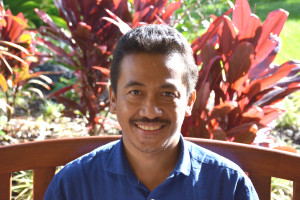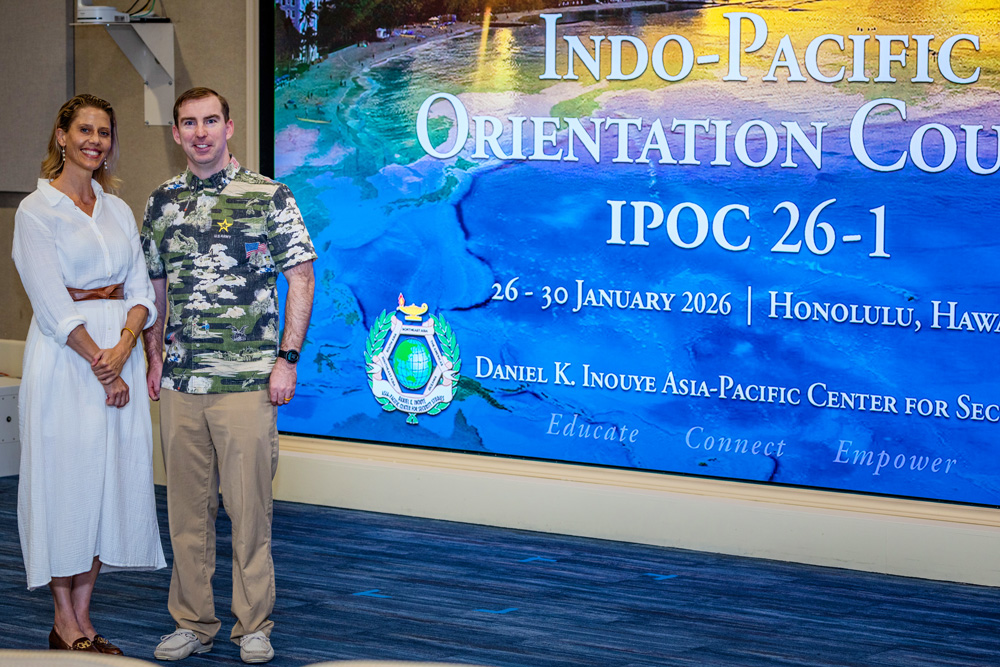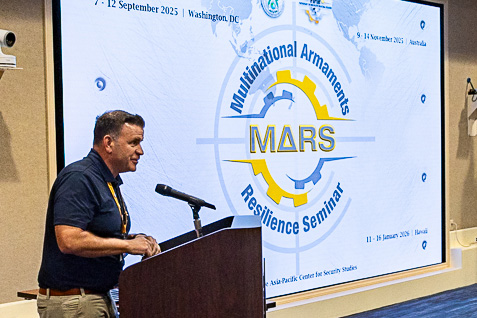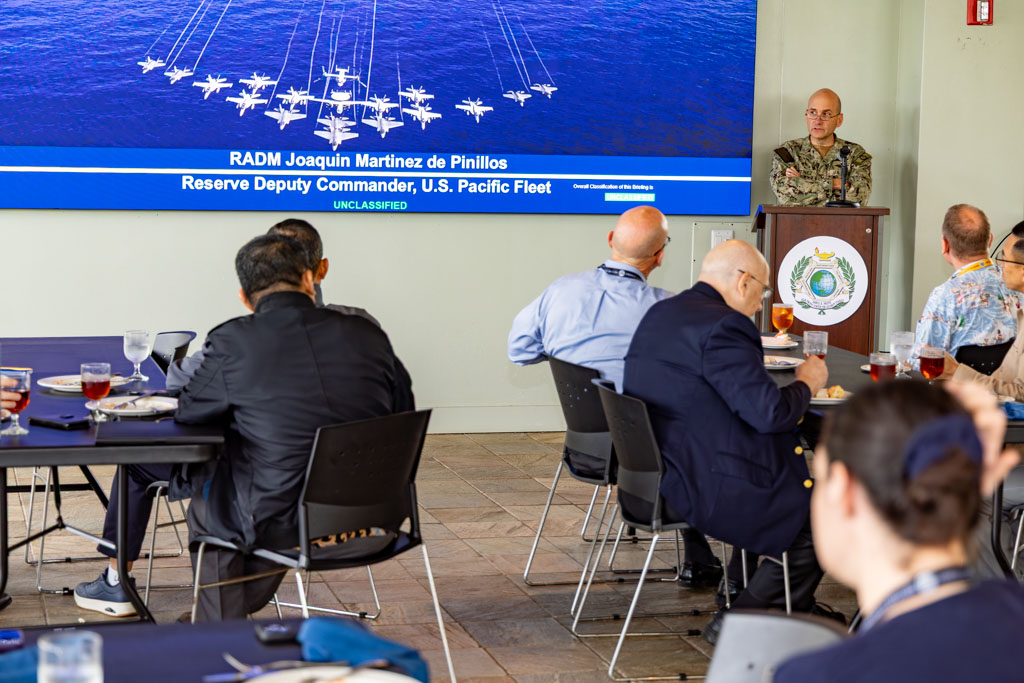
Mr. Irfan Abubakar
While attending DKI APCSS courses, Fellows are required to complete a Fellows Project which may be done as a presentation, research paper, or policy brief. DKI APCSS is now making these papers available on line with our new “Alumni Perspectives” publications.
“Effective Strategic Communication in Countering Radicalism in Indonesia,” is a paper by a graduate of the Advanced Security Cooperation course (ASC 15-1), Mr. Irfan Abubakar, who serves as director of the Center for Study of Religion and Culture in Indonesia.
According to Abubakar, his paper “analyzes the level of effectiveness with which the Indonesian National Counterterrorism Agency (BNPT) has managed to deliver its message to target audiences in order to shape their opinions and behaviors towards radical ideology. This analysis emphasizes particularly the government’s recent shut down of alleged radical Islamic websites. This study shows that BNPT’s hardline programs managed to decrease the number of terrorists and weaken their networks. However, these counterradicalism programs have failed to convincingly involve the broader Muslim population to motivate them to challenge radical ideology, which remains pervasive in the public sphere. In order for the government to effectively shape people’s minds and behavior with regard to the threat of radicalism, it is necessary to ensure the clarity of the message, to enhance understanding of the target audience, and to maximize use of different channels of communication.”
“Effective Strategic Communication in Countering Radicalism in Indonesia” is now available online at this link: https://dkiapcss.edu/wp-content/uploads/2016/01/Countering-radicalism-2016.pdf
-END-
The views expressed in this paper are the authors’ and not necessarily the views of DKI APCSS, U.S. Pacific Command or the U.S. Government.









Personally I think that the government, in this case bnpt, should not jump into a reckless conclusion stating that some pesantrens (Islamic boarding schools) are indicated to have been involved in growing and teaching radicalism just because the busted perpetrators are the graduates or have ever studied in those pesantrens. By doing so, bnpt has made a blunder and triggered angers from majority muslims. A terrorism analyst made an analogy between a terrorist and a corruptor. Kpk never relates the corruptors with their àlmamaters assuming that their universities are involved in producing corrupt state officials.